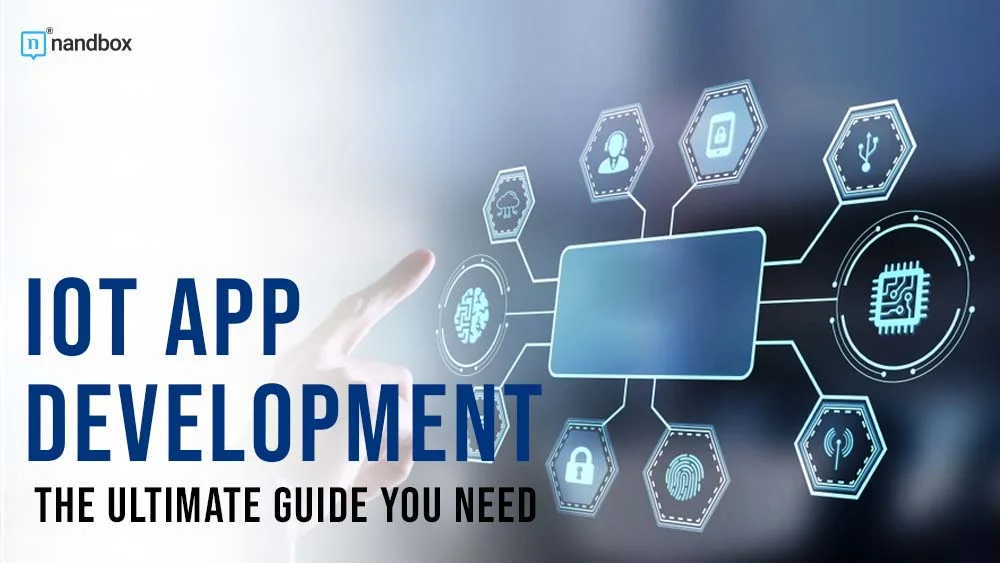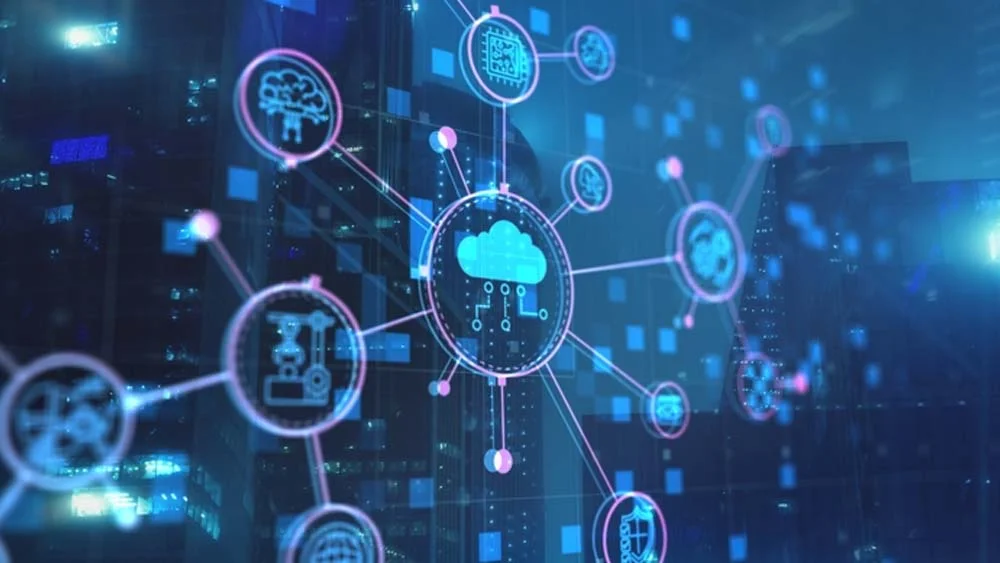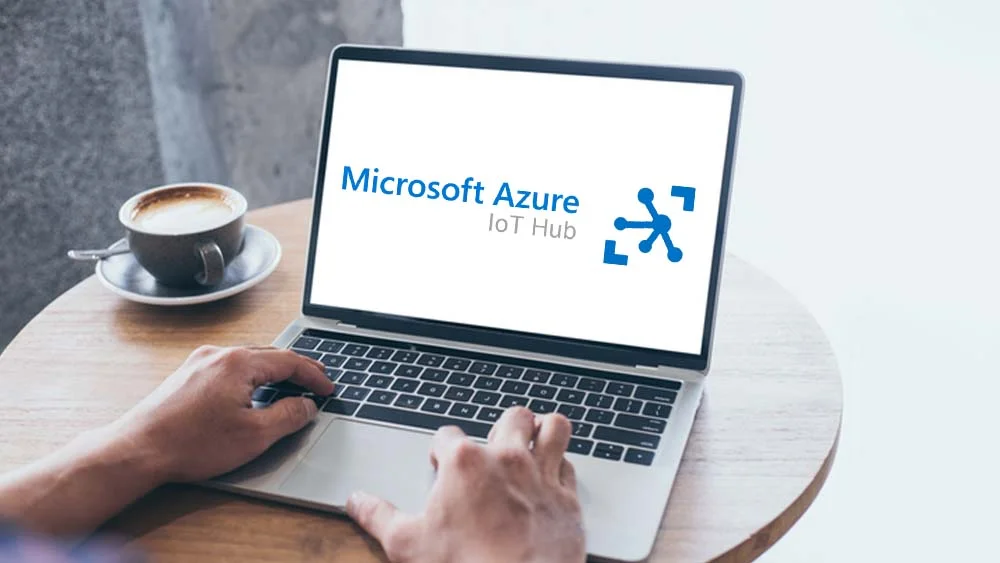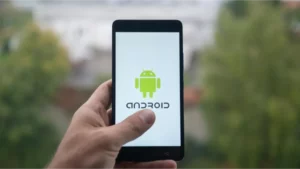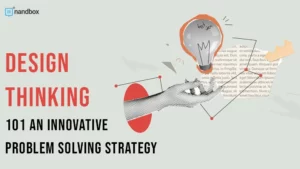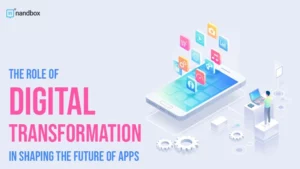IoT and Apps: The Anticipated Collab
The tech industry always provides us with a new world of endless possibilities and opportunities to discover every now and then. Today, the new world that we get to discover is the world where everything is connected and in total harmony. Each is supporting the other with no limits to making it operate seamlessly and be better. Piqued your interest? Well, not for long. IoT is an exciting and promising new technology that is creating this amazing world of connectivity. In this article, we will discuss IoT, IoT app development, and how the collaboration of apps and IoT only brings out the best of both of them
Understanding IoT and the Impact It Has on Our Daily Lives
Since the beginning of the amazing world of the internet, it has been in an ever-evolving state. The interconnected world of the internet inspired other technologies to emerge, such as Web 3.0 and the topic of our article, which is the IoT. What exactly is IoT? IoT, or the Internet of Things, is a new and popular technology that took the world by storm. This is owing to its innovative capabilities and connectivity. In the realm of software development for Fintech, it specifically entails establishing a network of devices and systems to facilitate the communication process. As we all know, most apps, devices, and systems are now in the cloud. Or, to be more precise, their data is stored in cloud storage. Well, the technology of the IoT takes advantage of this fact and uses it to further strengthen its capabilities.
What the technology of the IoT does is connect all the devices, apps, and systems together seamlessly. In turn, they can all communicate together and exchange information and data.
Impact on Industries and Individuals
The impact that IoT has on our lives is tremendous, and we actually encounter it on a daily basis. For instance, the home lights that you control remotely using a single application are thanks to the interconnected world that the IoT has created. And the same is true for all parts of smart homes. The commands that you give to your car, especially autonomous ones now, wouldn’t also come true if it weren’t for the capabilities and enormous networks of IoT technology.
IoT has had an amazing impact on healthcare as well. The rise of medical wearables has made life easier for people with chronic and life-threatening diseases like diabetes. These devices, which are powered by IoT technology, allow patients to always be monitored by doctors. Additionally, IoT also makes accessing medical records much easier and more streamlined.
Lastly, agriculture had its fair share of IoT. IoT helped establish complete, advanced agriculture and irrigation systems. These systems help individuals monitor and control everything, such as water flow. They also provide farmers with all the information about the soil that they need to make informed decisions. Such as the level of acidity and moisture, temperature, and nutrients present.
Although the impact of IoT is not universal or experienced by the majority of people, it is on the way to being applied more since it proved great effectiveness.
The Role of Apps in the IoT Ecosystem
While Internet of Things (IoT) devices provide the necessary hardware and network connectivity, mobile apps provide the interface. The interface allows us to control and manage these intelligent structures. By connecting the digital and real worlds, applications allow us to remotely manage and keep tabs on our IoT devices. Apps make it simple to utilize the potential of the IoT for the industries they are applied to. For instance, the smart houses we mentioned earlier allow people to control every part of them remotely. This can’t possibly be done without having an app that gathers all these controls and lets the owner do so swiftly and seamlessly. And you can also know what is going on with your autonomous vehicle without having an app that shows you all the errors, levels, and indicators.
They provide us with an intuitive interface that streamlines repetitive tasks. IoT app development enables us to tailor our Internet of Things devices to our specific needs. The integration of IoT and apps has become streamlined with the rise of smartphones and the increasing popularity of mobile apps, thus making it simpler than ever for us to embrace the perks of this collaboration.
Benefits of IoT App Development
IoT app development offers numerous benefits for businesses and individuals alike. The ability to streamline operations through automation is a major perk. Apps powered by Internet of Things technology can streamline processes, cut costs, and make better use of resources by connecting and collecting data from a wide variety of devices.
An extra benefit is the improved usability. IoT apps allow for simple and intuitive device-to-device communication and interaction. With a smart home app, homeowners can customize their living space by adjusting the temperature, lighting, and security systems from their mobile devices instantly, anywhere and anytime they want.
In addition, IoT app development can lead to fresh opportunities for information gathering and analysis. Businesses can learn a lot about their customers’ habits, their products’ effectiveness, and their own operations by analyzing the massive amounts of data generated by connected devices. Innovation, better-informed decision-making, and enhanced goods and services can all result from this data-driven strategy.
In summary, IoT app development has an endless list of advantages that we could go on about until next year. But for now, we can credit this technology with finding and creating new opportunities that make it possible for businesses and industries to explore a whole new perspective and capabilities that they can use to enhance their products as well as individuals’ lives.
Key Considerations for Successful IoT App Development
Developing a successful IoT app requires careful planning and consideration of various factors. Here are some key considerations to keep in mind:
Scalability
It is important for Internet of Things apps to be able to process data from a large number of devices. For an app to thrive and expand with its user base, it must be able to scale up its infrastructure and resources as needed.
Reliability
There are many vital processes and devices that are controlled by IoT apps. This highlights the importance of trustworthiness. And that is why, throughout the IoT app development process, developers need to make sure that the app is resilient and reliable. Meaning that it can stand against network outages, device failures, and other disturbances.
Security
Security is becoming increasingly important in IoT app development as the number of connected devices grows. Protecting sensitive data and preventing unauthorized access requires robust security measures like encryption, authentication, and access control. Taking such precise and important security measures is something that developers should take into major consideration.
Interoperability and Interconnectivity
There is a wide variety of IoT devices and platforms. Each of these may employ a unique set of protocols and practices for exchanging data. For efficient communication and data sharing, it is essential that different devices and operating systems can communicate with one another seamlessly and swiftly.
Data management
IoT apps produce a huge amount of data. Like a number that you probably can’t process on your own. To gather meaningful insights and statistics and make informed decisions, it is necessary to efficiently manage data throughout the app lifecycle, from collection to storage to analysis to visualization.
Compliance
There are varying standards and regulations that Internet of Things (IoT) apps may need to meet. Which depends on the industry and the location. In order to act in a lawful and ethical manner, it is crucial to learn about and follow these rules to be able to have an effective IoT app development process.
Best IoT App Development Platforms
Amazon Web Services (AWS) IoT
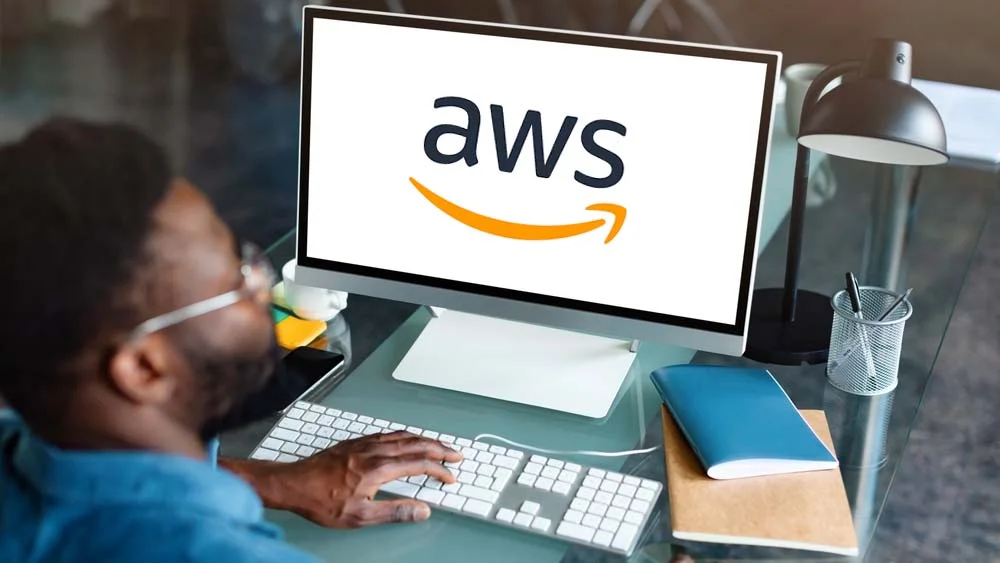
Amazon Web Services, or AWS, is a renowned platform that offers a plethora of development and cloud computing solutions. Among these solutions is a very advanced one for IoT app development. When it comes to IoT app development, security, and scalability are paramount, and AWS IoT provides both. Device management, data storage, analytics, and machine learning capabilities are all part of what it offers. This makes it one of the ideal platforms if you are looking for a guaranteed way to develop an IoT app.
Azure IoT
Microsoft is another IoT app development platform that is definitely worth mentioning. Powered by one of the tech giants, Microsoft, Azure provides developers with an inclusive platform where they can create and develop highly functional and advanced IoT apps. What makes this platform special is that it offers tailored solutions for each industry and is not limited to specific ones. Developers can easily create apps that exactly meet their needs in terms of scalability, integrations, and costs.
Cisco IoT Platform
Cisco, a market leader in tech and security solutions, is now providing developers with an IoT app development platform that takes advantage of its incredible capabilities. The IoT platform aims to allow all developers and industries to have a more smart, advanced, and fast way to operate and keep up with the ever-evolving tech world. Through the Cisco IoT platform, businesses can develop new software and applications for their connected devices and enter a new world where connectivity rules.
These platforms simplify the process of making IoT apps and speed up the time it takes to bring them to market by providing a wide variety of features, tools, and resources. But first, you should think about your unique needs and select a platform that supports your goals and expected outcomes.

